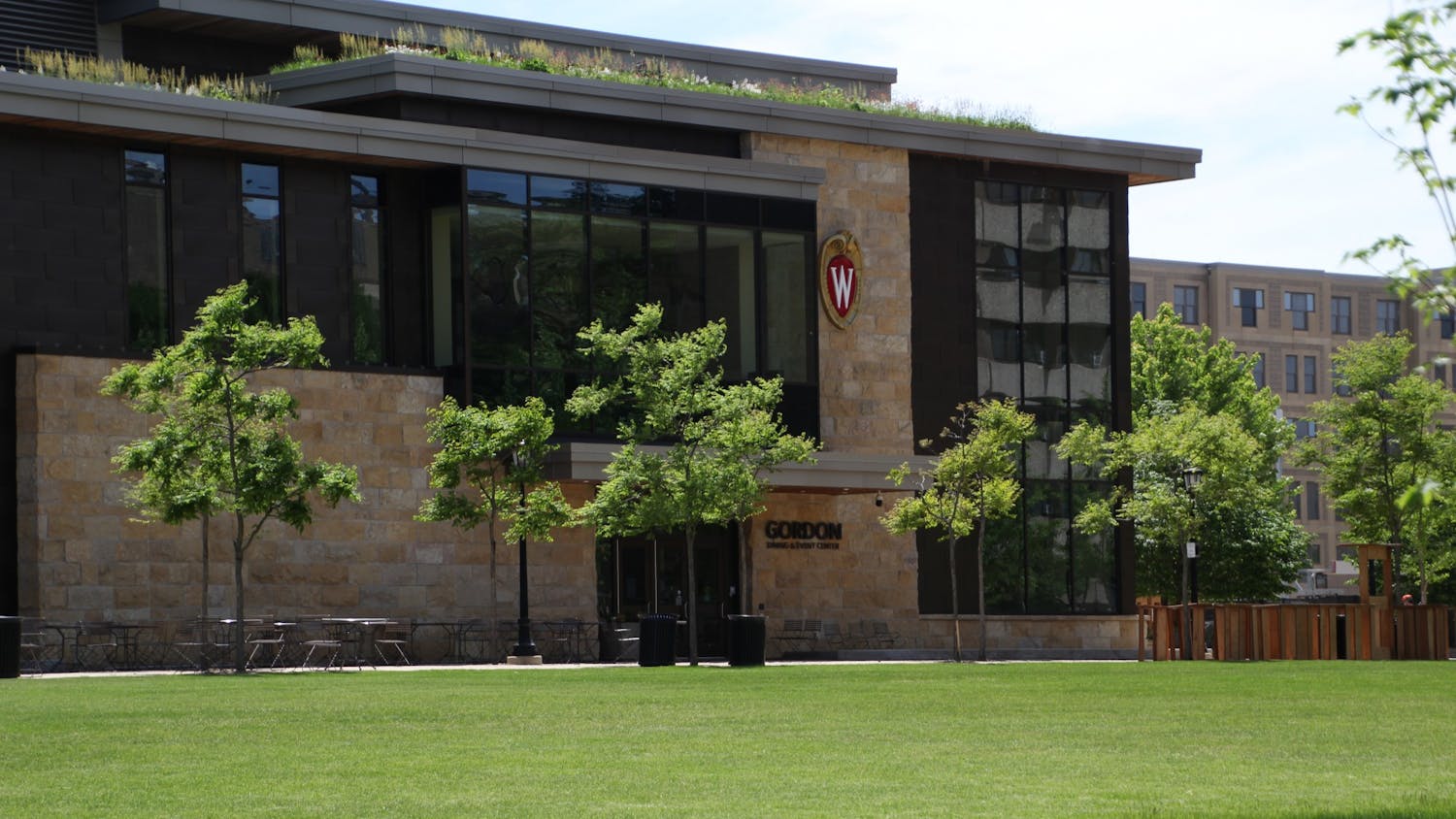Women are the victims of social oppression from our patriarchal society. They are forced into menial occupations and must work for substandard wages. In addition, women's health is ignored by male-dominated clinical trials that systematically exclude females from their studies.
In conclusion, women are powerless to overcome the societal pressures that are holding them back. For these reasons and more, it is necessary for women's studies departments around the country to \transform"" the way we view knowledge. Or is it?
The women's studies departments were created in the 1970s with the mission of understanding women's lives in society. They were meant to broaden our knowledge of important women, foster tolerance and engage in scholarly work. But women's studies departments have not succeeded.
Daphne Patai, a staunch Democrat and women's studies professor for 10 years, wrote a book, ""Professing Feminism: Cautionary Tales from the Strange World of Women's Studies,"" criticizing this movement. The book describes how these programs do not represent serious academic scholarship, but rather political indoctrination. Any member who does not follow the party line is ostracized. And, from mass therapy sessions to the depiction of fathers as ""foreign male elements,"" the party line can be a bit absurd.
In another of Patai's books, ""Heterophobia,"" she described how in women's studies, one is taught that heterosexuality is a ""social construction."" Marilyn Frye, a professor at Michigan State University, wrote that women are ""rigorously required to be sexual with and for men."" Women's studies seems to view all men and male heterosexuality as oppressive. But is an entire university department dedicated solely to criticizing males?
Patai answers: ""As someone who spent 10 years in women's studies, I know that male bashing has always been a very important part of feminism."" The man bashing also reinforces the notion of women as victims. This then creates a sense of entitlement and self-righteousness that is evident in many feminists.
There is also a concern about the accuracy of women's studies textbooks. Christine Stolba, a senior fellow at the Independent Women's Forum and has a Ph.D. in history, published a study analyzing the five most prominent textbooks used in women's studies introductory courses.
The ""Errors of Interpretation"" section of her book demonstrates how the women's studies textbooks use every statistic or study to reinforce the central thesis that women are the victim of oppression. They selectively leave out data that may go against this hypothesis. As a result, these mainstream textbooks tend to make broad, unsubstantiated and often outlandish claims.
For example, one textbook, ""Issues in Feminism,"" describes women as subject to slavery: ""An even more perfect form of slavery was one in which the slaves were unaware of their condition... The control of women by patriarchy is effected in just such a way."" A later part describes ""mind control as an instrument of patriarchy."" How can such strong language and hyperbole come from a serious academic discipline?
The ""Errors of Fact"" section of Stolba's book persuasively refutes many misconceptions perpetuated by women's studies. One claim is that women's health is ignored by male-dominated clinical trials that exclude females from their studies. Again, there is no basis for this. Currently, women-based research accounts for more than 60 percent of funding from the National Institute of Health.
Another myth is that women are paid 75 cents to each dollar that men earn. Diana Furchtgott provides an in-depth analysis of the issue in ""Women's Figures: An Illustrated Guide to the Economic Progress of Women in America."" It shows how many factors, such as hours worked per week, experience and education are often ignored in these statistics. When economists use reasonable controls, the wage gap between men and women disappears.
Women's studies began with the laudable goal of teaching about society from a women's perspective. Tammy Bruce, a lesbian progressive feminist, was instrumental in setting up women's organizations in universities across the country. She was an early supporter of black studies, gay and lesbian studies and women's studies, and imagined departments that would transcend traditional political party lines and help these groups reintegrate with the mainstream.
Yet as she describes in her book, ""The New Thought Police,"" these programs serve much the opposite function. Instead of fostering discussion with people of different points of views, these departments often isolate themselves from the mainstream. Instead of women's studies being about empowering individual women, it teaches them that they are the victims of a ""phallocentric"" society. It is unfortunate that women's studies has devolved into self-righteous male-bashing under the pretense of an academic discipline.





